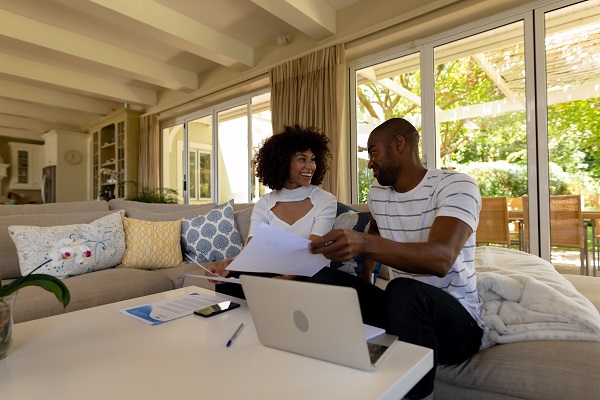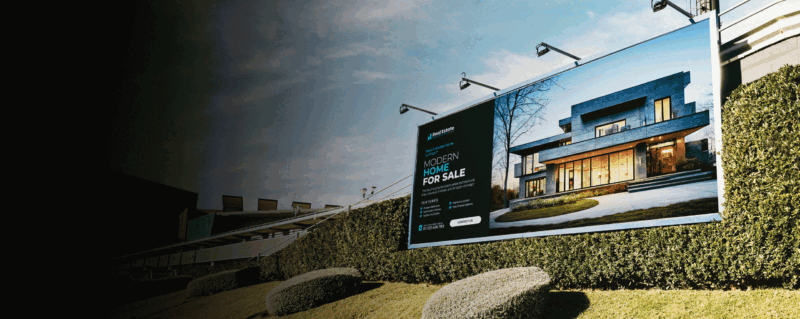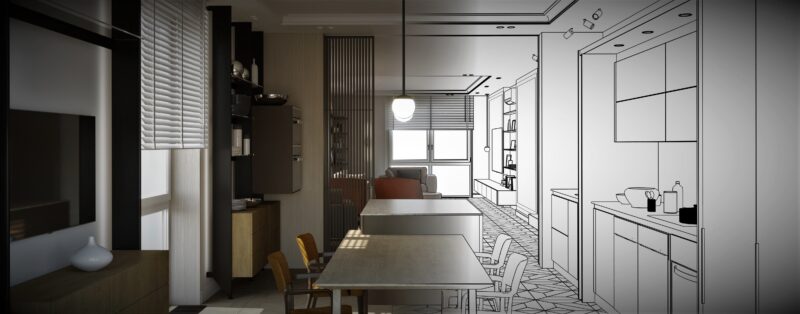Are you considering buying an affordable home in Kenya? This guide breaks down the costs involved, from purchase price and mortgage options to legal fees and maintenance. Learn about the benefits of homeownership and how to make informed financial decisions on your journey to owning a home through the Affordable Housing Program in Kenya.
Understanding the Costs and Considerations of Affordable Housing in Kenya
Owning a home is a dream for many Kenyans, both within the country and abroad. The Kenyan government’s Affordable Housing Program (AHP), part of the Big Four Agenda, aims to make this dream a reality for low- and middle-income earners. However, understanding the associated costs and considerations is crucial to make an informed decision. Here, we explore the various expenses involved in owning an affordable home in Kenya, including affordable housing in Kenya prices, helping you prepare for a smooth transition into homeownership.
Cost of Affordable Housing Units – Affordable Housing in Kenya Prices
The most significant cost associated with owning a home through the Affordable Housing Program is the purchase price of the unit. The program caters to low- and middle-income earners, with prices significantly lower than those in the open market. Generally, affordable housing units range from Ksh 1 million to Ksh 4 million depending on factors like location, size, and type of housing unit. This pricing structure enables a broader segment of the population to access homeownership.
Boma Yangu Houses Prices in Kenya
One way to access these housing units is through the Boma Yangu platform, which serves as the centralized application hub for affordable housing in Kenya. By providing clear information on available housing projects, including Boma Yangu houses prices, the platform ensures transparency. For example, a two-bedroom apartment may range from Ksh 1.5 million to Ksh 2.5 million depending on the location, while a three-bedroom unit could cost around Ksh 3 million to Ksh 4 million.
Financing Options: Mortgage and Down Payment Costs
For most prospective homeowners, financing is an essential part of purchasing a home. The Affordable Housing Program in Kenya collaborates with several financial institutions to offer subsidized mortgage options with favorable terms.
Mortgage Costs and Subsidies – Affordable Housing Kenya
Securing a mortgage through the program often comes with subsidized interest rates. These rates make it possible for applicants to enjoy lower monthly payments compared to the typical open market rate.
- Down Payment: Typically, a down payment of 10% to 20% of the house price is required. For example, if you are looking to purchase a unit worth Ksh 2 million, you would need to make a down payment of approximately Ksh 200,000 to Ksh 400,000. Planning for this initial expense is essential, as it is a significant financial commitment.
- Monthly Mortgage Repayments: Mortgage repayments depend on the loan amount, interest rate, and repayment period. With interest rates sometimes as low as 9.5%, thanks to partnerships like those with the Kenya Mortgage Refinance Company (KMRC), monthly payments can be lower than market standards, with repayment periods extending up to 25 years.
- Mortgage Insurance: Some lenders require mortgage insurance to protect the lender in case of default. Though an added cost, mortgage insurance provides peace of mind for both parties involved.
Legal and Transaction Costs
Owning property comes with additional costs beyond the purchase price and mortgage repayments. Some of these include:
Legal Fees and Stamp Duty
Legal Fees: Engaging a lawyer to handle the legal aspects of the transaction is necessary. Legal fees are generally 1% to 2% of the purchase price, covering services such as drafting and reviewing contracts and conducting property searches.
Stamp Duty: In Kenya, stamp duty is imposed on the transfer of properties and is typically 2% of the purchase price in urban areas and 4% in rural areas. This amount is required before the property transfer process can be completed, marking a substantial upfront cost.
Additional Registration and Valuation Fees
Registration Fees: After paying stamp duty, new homeowners must register the property at the Lands Registry. Although minimal, registration fees are an essential part of the process, ensuring the property’s ownership is legally recorded.
Valuation Fees: For mortgage approval, lenders often require a professional property valuation. Valuation fees generally range from 0.25% to 1% of the property’s value, depending on the lending institution.
Ongoing Costs: Maintenance and Homeownership Expenses
Beyond the initial investment, owning a home involves ongoing maintenance costs that are necessary to keep the property in good condition.
Monthly Maintenance Costs
Owning a property requires regular maintenance, which can include repairs, utility costs, insurance premiums, and general upkeep. For those purchasing units within housing complexes, there may also be monthly service charges to cover communal amenities such as security, garbage collection, and landscaping.
Budgeting for Unexpected Repairs
Setting aside funds for unexpected repairs is essential to prevent financial strain. These costs vary but generally include periodic property renovations or appliance replacements as the property ages.
Understanding the Long-Term Financial Benefits of Homeownership
While the initial costs of purchasing a home are significant, the long-term financial benefits often outweigh them. Homeownership is an investment that can appreciate over time, adding to your financial security.
Building Equity Over Time
With each mortgage payment, homeowners build equity in their property, which can be a valuable asset over time. As you continue to pay down your mortgage, you gain full ownership of a property that can provide security for your family or serve as a potential source of income through rental opportunities.
Potential for Rental Income: Boma Yangu Houses as Investment
For Kenyans in the diaspora, owning a home through the Affordable Housing Program offers an opportunity to generate rental income. Renting out the property can help offset mortgage repayments, further reducing the costs associated with homeownership.
How to Apply for Affordable Housing in Kenya
Applying for an affordable home through the Boma Yangu platform is a structured and accessible process. Here’s a step-by-step guide to help you get started.
Step 1: Create an Account on Boma Yangu
Visit the Boma Yangu website and create an account using your National ID, KRA PIN, and contact information.
Step 2: Complete Your Profile
Once registered, complete your profile by filling in the required information and uploading necessary documents like proof of income and tax compliance certificates. This step is crucial to ensure transparency and credibility in the application process.
Step 3: Select and Apply for Housing Projects
Browse available housing projects on the Boma Yangu platform, where you can choose and express interest in projects that meet your preferences.
Frequently Asked Questions (FAQ)
How much do affordable housing units cost in Kenya?
Affordable housing prices in Kenya typically range from Ksh 1 million to Ksh 4 million. Prices vary based on location, unit size, and additional amenities.
What are the “Boma Yangu” house prices?
Prices for Boma Yangu houses depend on the project and unit type. For example, a two-bedroom apartment may cost around Ksh 1.5 million to Ksh 2.5 million.
How can I apply for affordable housing in Kenya?
To apply, visit the Boma Yangu platform, create an account, fill out your profile, select a housing project, and submit the required documents.
Is mortgage financing available for affordable housing?
Yes, mortgage financing is available through partnerships with banks, offering subsidized interest rates as low as 9.5%.
Are there additional fees beyond the purchase price?
Yes, additional costs include legal fees, stamp duty, registration fees, and ongoing maintenance expenses.
Conclusion
Owning a home in Kenya through the Affordable Housing Program is a promising opportunity for many. Understanding costs—from initial payments, legal fees, and ongoing maintenance to potential rental income—ensures a smooth journey toward homeownership. With accessible pricing through Boma Yangu houses prices and flexible mortgage options, the dream of owning a home is within reach for low- and middle-income Kenyans.
This article is intended for informational purposes only and does not constitute legal, financial, or professional advice. While every effort has been made to ensure the accuracy and completeness of the information provided, we make no guarantees and accept no liability for any errors, omissions, or actions taken based on this article. Prospective homebuyers are encouraged to seek advice from qualified professionals and official sources before making any decisions related to the Affordable Housing Program in Kenya.












